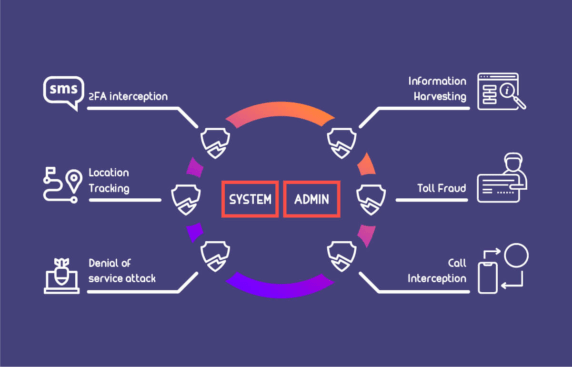Penetration Testing as a Service (PTaaS) is a vital component in ensuring the security and resilience of modern-day businesses and organizations. In an increasingly interconnected world, where cyber threats continue to evolve and grow in sophistication, penetration testing has become a crucial practice to identify vulnerabilities and weaknesses in systems, networks, and applications.

What is penetration testing?
Penetration Testing as a Service involves engaging the services of a specialized security provider to conduct comprehensive penetration testing on an ongoing basis. Unlike traditional penetration testing, which is often performed sporadically or in response to specific events, PTaaS offers continuous monitoring and testing, providing organizations with real-time insights into their security posture.
One of the key benefits of PTaaS is its proactive nature. By regularly simulating attacks and attempting to exploit vulnerabilities, organizations can uncover potential weaknesses before malicious actors do. This enables them to take proactive measures to strengthen their security infrastructure, patch vulnerabilities, and implement necessary security controls.
Furthermore, PTaaS brings a wealth of expertise and experience to the table. Security providers offering PTaaS typically employ skilled professionals who possess extensive knowledge in various domains of cybersecurity. These experts utilize cutting-edge tools, techniques, and methodologies to identify vulnerabilities and evaluate an organization’s security defenses comprehensively.
PTaaS encompasses a wide range of tests, including network penetration testing, web application testing, wireless network testing, social engineering assessments, and more. By conducting these tests on an ongoing basis, organizations can maintain a robust security posture and promptly address any emerging threats or vulnerabilities.
Another advantage of PTaaS is its scalability. As businesses evolve and expand their digital footprint, the complexity of their systems and networks increases. PTaaS providers can adapt to these changes and tailor their testing strategies accordingly, ensuring that all new systems and applications undergo thorough security assessments.
Additionally, PTaaS helps organizations meet regulatory compliance requirements. Many industries are subject to specific security standards and regulations, such as the Payment Card Industry Data Security Standard (PCI DSS) or the Health Insurance Portability and Accountability Act (HIPAA). Regular penetration testing, as part of a comprehensive security program, demonstrates a commitment to security and assists in meeting these compliance obligations.
To leverage the benefits of PTaaS effectively, organizations should partner with a reputable and experienced security provider. When selecting a PTaaS provider, it is essential to consider their track record, industry reputation, expertise, and adherence to industry best practices.
In conclusion, Penetration Testing as a Service is a proactive and continuous approach to security testing that enables organizations to identify and mitigate vulnerabilities before they are exploited. By engaging a trusted PTaaS provider, businesses can enhance their security posture, stay one step ahead of cyber threats, and safeguard their valuable digital assets and sensitive data.